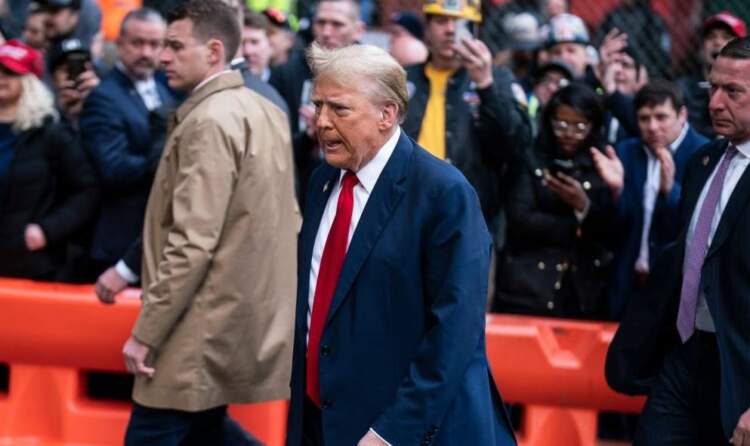In a notable turn of events during Thursday’s proceedings on the alleged conspiracy to defraud charges against former President Trump, echoes of past experiences reverberated among five out of six conservative justices, whose careers were deeply rooted in the Beltway. With extensive stints in the White House and the Department of Justice under Republican administrations, they often perceived their presidencies as unfairly targeted by Democratic majorities in Congress.
Among them, Justice Brett Kavanaugh stands out with a five-year tenure in George W. Bush’s administration, three of which as a cabinet secretary, a role often deemed as the “nerve center” of the White House. Kavanaugh’s apprehensions surfaced during the proceedings as he warned about the potential misuse of charges like conspiracy to defraud, citing a precedent from 1988 where the court upheld the now-defunct independent counsel law, which he deemed detrimental to the presidency and the nation.
Similarly, Justice Neil Gorsuch’s upbringing provided him with a firsthand insight into Washington’s penchant for criminal proceedings, viewing it almost as a blood sport. His mother’s tenure as the first administrator of the Environmental Protection Agency under Reagan, culminating in a citation for contempt of Congress, left a lasting impression on Gorsuch, who was then just a teenager.

Fast forward to Thursday’s session, Gorsuch’s questioning of Michael Dreeben, representing the special prosecutor, revealed his concerns not only about the present case but also about the potential future misuse of criminal law to target political adversaries based on perceived motives. These glimpses into the justices’ backgrounds and their reservations underscored a broader narrative surrounding the use and implications of legal tools in politically charged cases, shedding light on the complex dynamics within the highest echelons of the judiciary.



